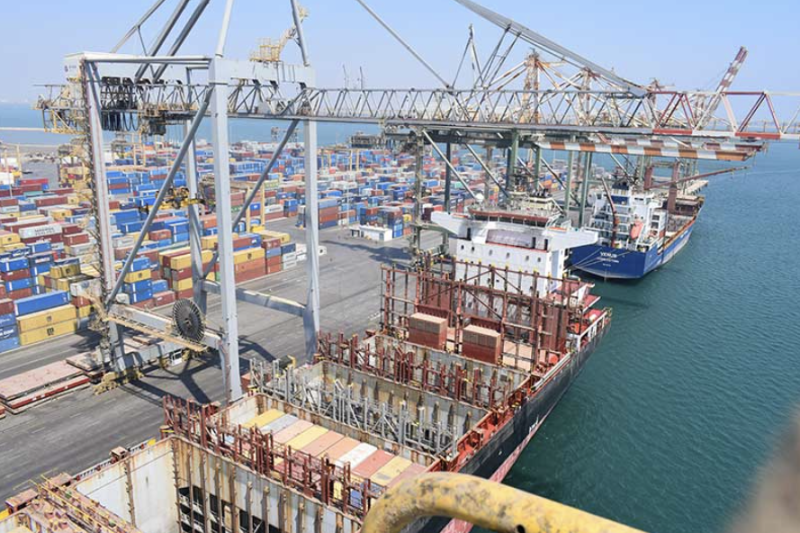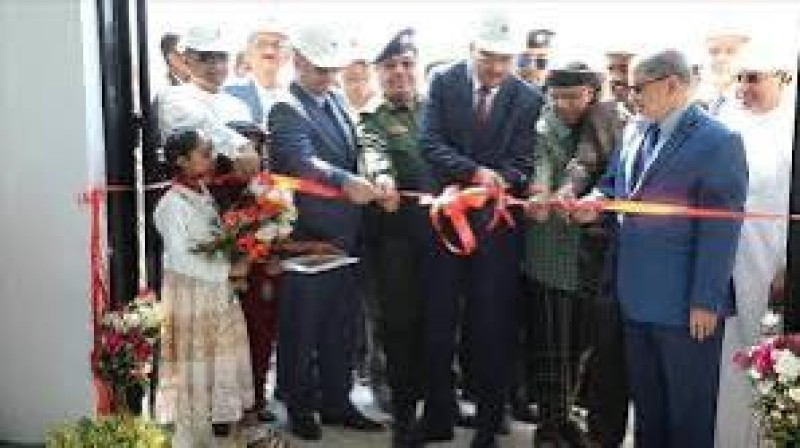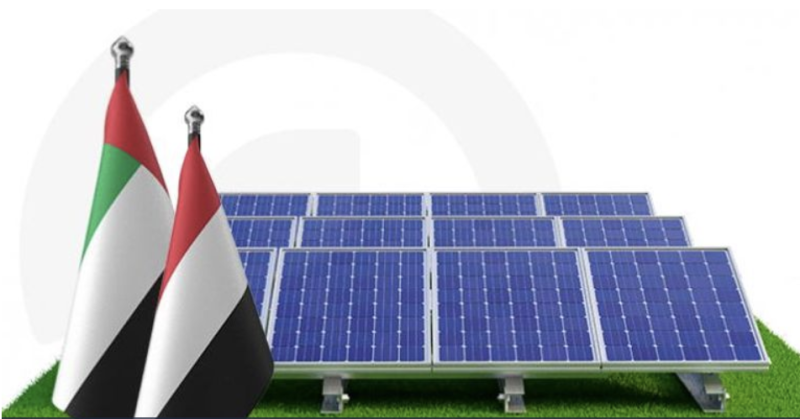UNHCR Yemen Operational Update, covering the Period 16 - 26 November 2021


IDP Response
As frontlines approach the southern entrance of Marib city, hosting sites and civilian populations located in the city's outskirts face immediate safety concerns. On the western front, nearly 1,930 displaced families in IDP sites in Sirwah district are now five kilometres away from the ongoing clashes, with increasing concern for their safety. UNHCR's partner in Marib, Society for Humanitarian Solidarity (SHS), in coordination with the Camp Coordination and Camp Management Cluster, is currently seeking relocation plans for these households to safer areas in Marib al Wadi, should there be a sudden displacement.
Since the beginning of the year, UNHCR has distributed more than $62 million in cash assistance to over 175,000 displaced Yemeni and refugee families (some one million individuals). A large portion of this assistance went to displaced Yemenis, four times more at risk of hunger than the average Yemeni population. The latest post-distribution monitoring data reveal that up to 91% of beneficiaries spent the assistance on food and over 20% on rent.
As part of the ongoing efforts to respond to the needs of some 1,260 newly assessed families (more than 7,000 individuals), SHS provided non-food items (NFI) to 585 families (3,041 individuals), and emergency shelter kits to 340 families (1,747 individuals) recently displaced from Rahba, Al-Abdiyah, Al-Jubah and Jabal-Murad districts into Marib City and Marib Al Wadi districts. Since the start of the new offensive in Marib this September, UNHCR has reached over 2,000 displaced families with emergency relief assistance such as blankets, sleeping ma ts, kitchen sets, plastic sheeting, and emergency shelter kits. Additionally, UNHCR has provided cash assistance to over 66,500 families in Marib so far this year. Together with partners, UNHCR also provided critical protection services for women and children through community centres and mobile interventions
Refugee Response
More than 2,800 refugees, asylum-seekers, and Yemeni nationals received primary healthcare at the UNHCR-supported clinics in Sana'a, Basateen, and Kharaz. Febrile illnesses and upper respiratory tract infections continued to be the leading cause of out-patient consultations. Community health workers led COVID-19 awareness-raising sessions that reached over 7,300 people in Sana'a, Aden and Hadramout governorates and Kharaz refugee camp.

Aden — Ports under the authority of Yemen’s internationally recognized government have received more than two million metric tons of fu…

Mukalla — Local authorities in Hadramout have announced the inauguration of Yemen’s first solar-powered cement station, a landmark proj…

AbuDhabi -- The United Arab Emirates has pledged $1 billion to bolster Yemen’s electricity sector, marking one of the largest development com…